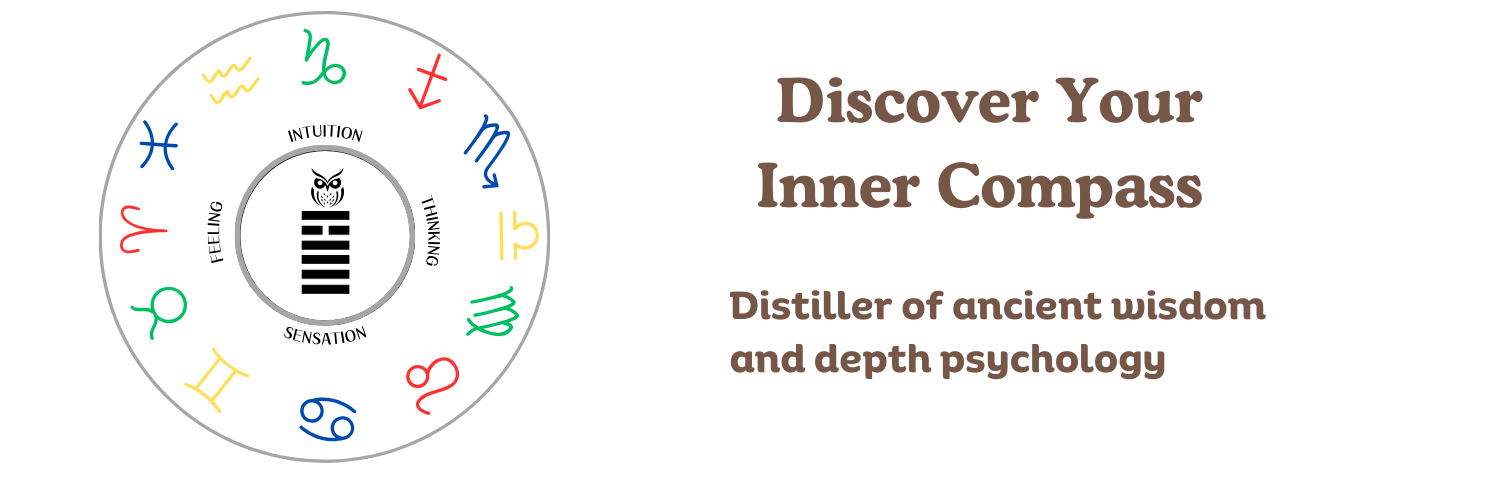A still point in the thunder
We have double the thunder this week … just in time for Monday’s eclipse in Aries!
With the snow (!) and winter-like winds we are having here in Wisconsin in April, I wouldn’t mind some thunder and spring showers.
Hexagram 51: The Arousing (shock, thunder) of the I Ching is thunder repeated. It describes a leader who is composed and reverent even though the thunder spreads terror 100 miles around:
This doesn’t necessarily mean resisting the shock itself, so much as keeping a still point in the midst of the tumult of reactions to it. Then you never lose your connection with the creative power that speaks through the storms. … Consider what remains constant and true when everything else is in turmoil.
Hilary Barrett, I Ching: Walking Your Path, Creating Your Future
Events like eclipses can cause shock and fear, especially if they impact one’s astrology chart in a powerful way.
While this eclipse is going on we also have Mars and Saturn in Pisces and Uranus and Jupiter pairing up in Taurus.
Once again both the I Ching and astrology remind us that we must get over certainty and wanting to always be in control.
Whenever I feel anxious about an astrological transit, I remind myself of one of my favorite James Hollis quotes:
Anxiety will be our companion if we risk the next stage of our journey, and depression our companion if we do not. …Faced with such a choice, choose anxiety and ambiguity, for they are developmental, always, while depression is regressive. Anxiety is an elixir, and depression a sedative. The former keeps us on the edge of our life, and the latter in the sleep of childhood.
James Hollis, Finding Meaning in the Second Half of Life
Even with that reminder, part of me wants to be a recluse during this eclipse. But I have places to go and things to do. It is heartening to know that even the noble one described in Hexagram 51 was initially a little rattled:
When the outer world is shaken up, the noble one is also inwardly shaken. He is wide awake now, quivering with awareness of the changes underway, and ready to take on responsibility for restoring life to harmony.
Hilary Barrett, I Ching: Walking Your Path, Creating Your Future
Where do you need to restore harmony in your life right now?
What must change?
What will continue?









